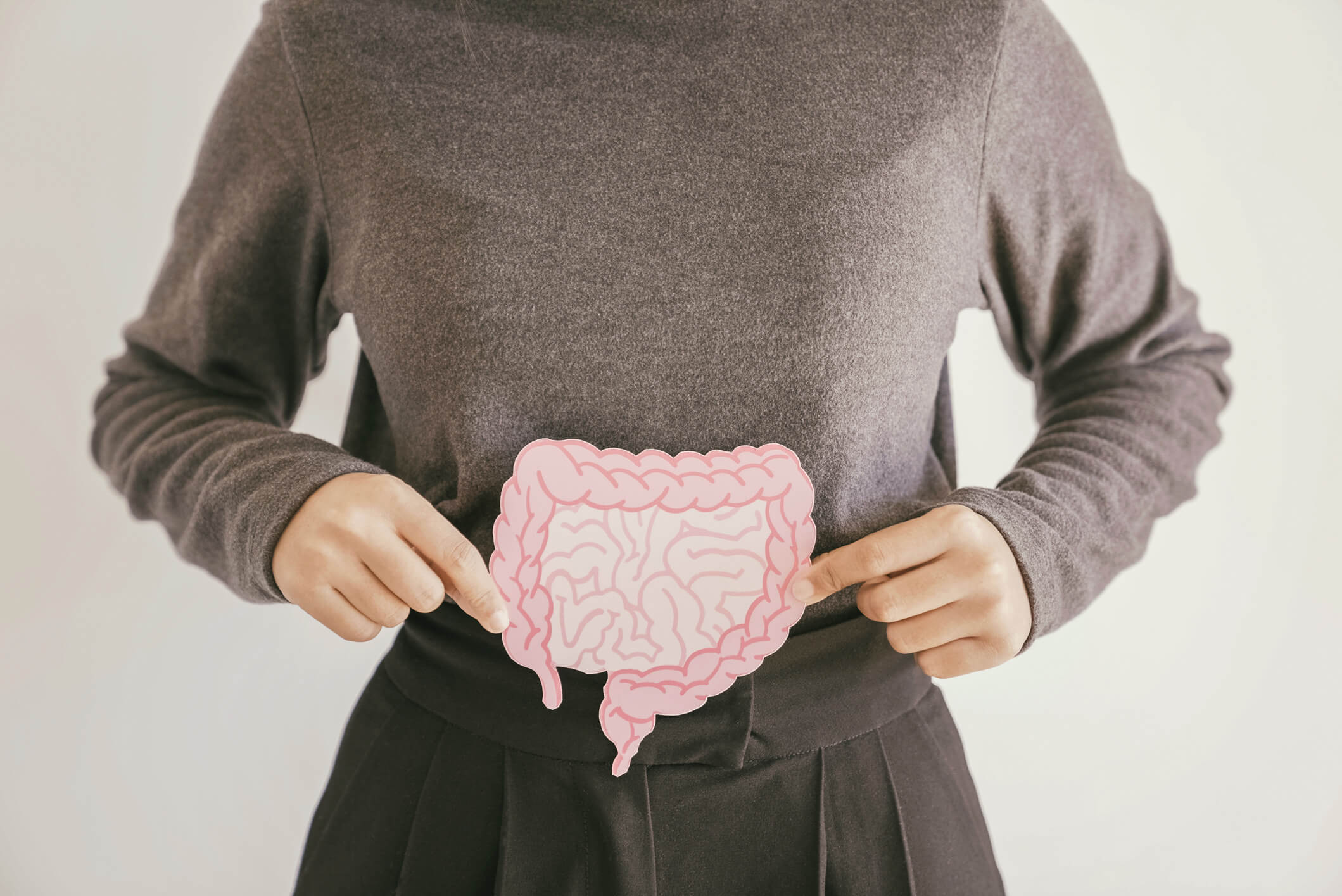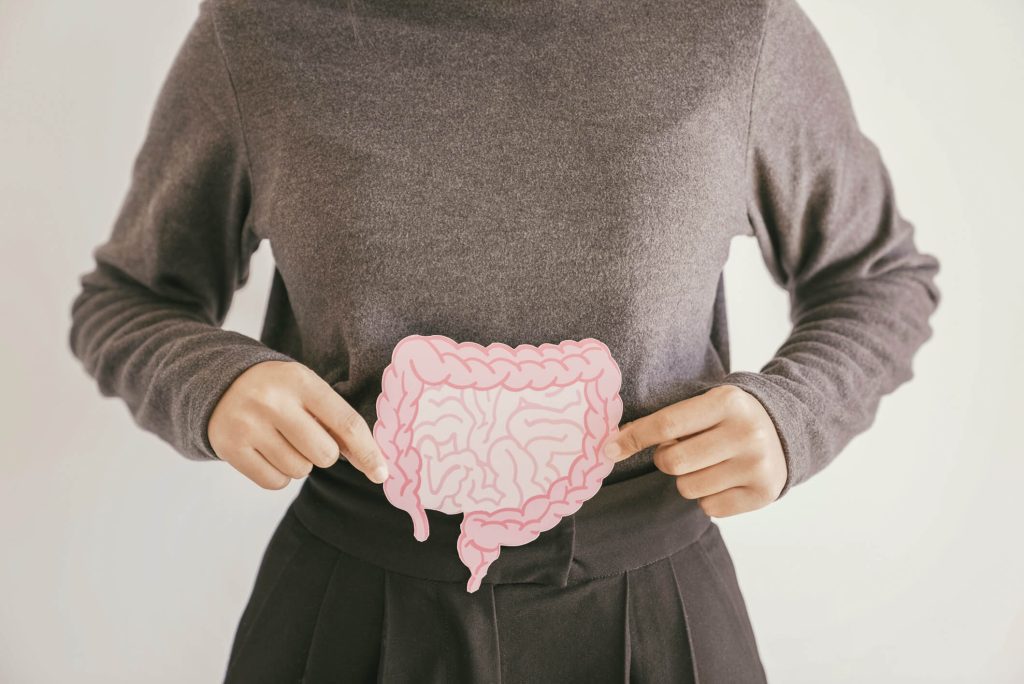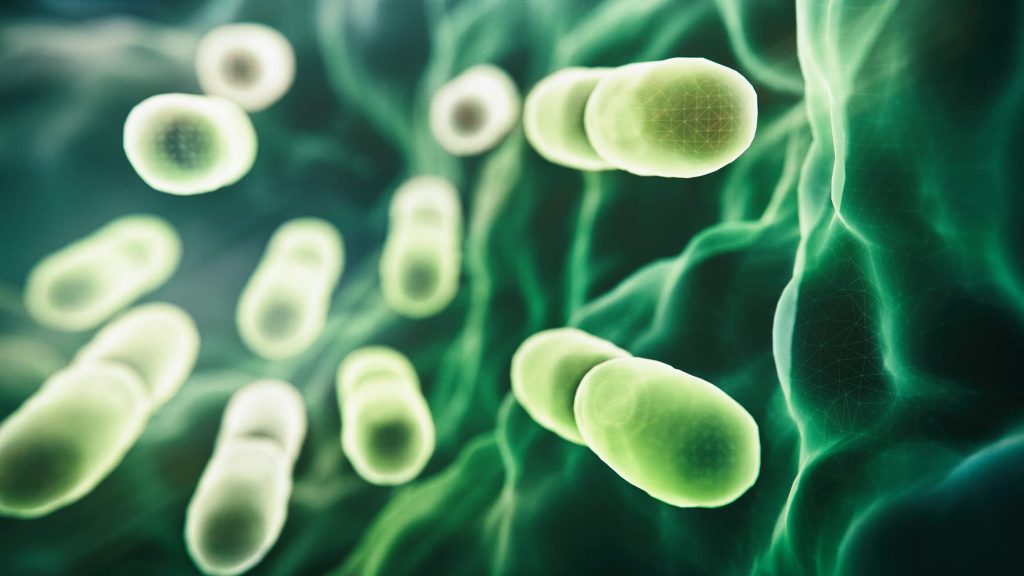
Can You Take Too Many Digestive Enzymes?


Can You Take Too Many Digestive Enzymes?
Introduction
Digestive enzymes might be a staple in your supplement routine if you struggle with digestive issues. Not only might they help you better absorb nutrients from your diet, they may also alleviate some of your uncomfortable digestive symptoms. Some digestive enzymes are systemic, delivering health benefits throughout the body when taken at high doses on an empty stomach. Given their impact, is it possible to take too many?
Our founder, Matt Gallant, frequently takes tens of capsules of MassZymes at a time for systemic benefits. For the average person, digestive enzymes are completely safe, even in high amounts. Below, we review why this is the case and the special functions that exist in your gastrointestinal tract that protect.
But as always, there are certain cases where digestive enzymes can cause side effects, and we want you to better understand what those might be. This can help you gauge your tolerance. As well, people taking certain medications should also avoid them. We have an entire article on what digestive enzymes are, which you can access here. Continue reading to learn all about their safety, and if you are one of the few who should steer clear.

How the Body Prevents Digestive Enzymes From Digesting the Gut From Inside Out
Your body has an important defense to shield undigested food and bacteria from entering your bloodstream. It also serves another important role, preventing a process called “autodigestion” (self-digestion). Autodigestion is a process where digestive enzymes, which serve to break down food, begin to digest tissues in the digestive tract.
Under normal circumstances, the mucosal barrier acts as a protective shield to prevent this process from happening. The mucosal barrier consists of a layer of epithelial cells interconnected together by tight junctions, and the mucus layer above those cells. This barrier keeps digestive enzymes inside the stomach and intestines where they belong.
This layer is composed of molecules called mucins. These glycoproteins form a gel-like substance that covers the epithelium of the intestinal villi – small, finger-like projections that line the inner surface of the small intestine. Microvilli play key roles in nutrition absorption, increasing the surface area available for these processes to occur.
The mucus layer acts as a physical barrier, which prevents digestive enzymes and larger food fragments from reaching cells to reach the bloodstream. At the same time, it should allow the absorption of smaller molecules like amino acids and minerals. This compartmentalization ensures digestive enzymes remain within the intestinal lumen, preventing them from digesting the gut lining itself.
There are different types of mucins, with their own specific roles. Mucin 13 (MUC13) is a major player in preventing autodigestion. It protects membrane receptors from being cleaved by digestive enzymes, which protects the gut lining and allows for optimal nutrient absorption.
Why Don’t High-Dose Systemic Plant Proteases Digest the Gut?

Even at high doses, systemic plant proteases do not digest the gut. In addition to your body’s protective mucosal barrier, it also has other protective mechanisms to prevent this.
Your body produces molecules called protease inhibitors, that neutralize proteolytic enzymes which prevent them from damaging the gut lining.
Many digestive enzymes begin in an “inactive” form, which are called zymogens. For them to do their job, they need to be activated. This is important because if enzymes were active right away, they could start breaking down molecules in the wrong places. Zymogens only get activated when they reach the right location in the body, where they are needed. Activation usually needs a chemical change that switches on the enzyme for it to be active.
The pH level in different areas of your digestive tract can also influence enzyme activity. For instance, your stomach is very acidic – It has a low pH – which activates some enzymes while inhibiting others. The pH changes in different areas of the digestive tract, which is protective against enzyme overactivity.
Finally, the cells in your digestive tract are constantly renewed. This helps repair areas of minor damage caused by enzymes or other factors relatively quickly.
Combined, these mechanisms work together to ensure that plant proteases function effectively, without damaging your gut.
Too Much Digestive Enzymes Side Effects

If you have taken too many digestive enzymes, beyond what your body can handle, you may experience some side effects. Most of these tend to be mild and will resolve once you reduce your dose or discontinue them. Here is what to look out for:
Nausea and Vomiting
In high doses, digestive enzymes can overwhelm the stomach. This can cause irritation of the stomach’s lining and lead to feelings of nausea. This can be especially true if the product contains betaine hydrochloride, or betaine HCl. Betaine HCl is often used to increase stomach acid production in those who might not produce enough.
Stomach Upset
High concentrations of digestive enzymes can irritate the lining of both the stomach and small intestine. This can lead to pain and discomfort. Supplementation with large amounts over long periods might also lead to imbalances in the types and amounts of enzymes in the digestive tract, and this can cause gas, bloating, and general stomach upset.
Excessive Hunger or Appetite
Because digestive enzymes help your body to break down food, there can be a risk that this breakdown occurs too quickly. This can cause faster stomach emptying and potentially cause hunger feelings to return sooner than expected.
Rapid digestion from excessive digestive enzyme intake might also impact the release of hormones that regulate hunger and satiety, like ghrelin and leptin. This can also modify hunger cues and cause excessive hunger or appetite.
Itchy Anus
Too many digestive enzymes might impact how your body digests food, and rarely, can change the particle size of food reaching the lower intestine and rectum. These particles can then irritate the anal area, and cause itchiness and discomfort.
Some enzymes might also stay active as they work their way down the digestive tract, which can irritate or cause inflammation in the rectal area. This can contribute to an itchy feeling in that area.
Who Should Not Take Digestive Enzymes?

Although digestive enzymes are safe, there are certain people who should avoid taking them without first discussing the pros and cons with their healthcare provider. These include:
Stomach or Duodenal Ulcers
Digestive enzymes can irritate the digestive tract lining, which can worsen the symptoms of ulcers. Ulcers in the digestive tract compromise the protective lining and can allow digestive enzymes to erode tissues further since the area is already inflamed or damaged. This can make your symptoms feel worse, and even slow down the healing process.
Digestive enzymes formulated to be taken alongside meals might also increase stomach acid production, which can aggravate ulcers and lead to more pain and discomfort.
Those With Blood Thinning or Blood Clotting Medications
If you take medications to help thin or clot your blood, you should avoid taking digestive enzymes without first speaking to your healthcare provider.
Some digestive enzymes, especially proteolytic ones (including bromelain and papain) have natural blood-thinning properties. This might potentially interact with the action of blood thinners like warfarin, heparin, or aspirin, and increase your risk for excessive bleeding.
This combination can enhance the anticoagulant effects of your medications, increasing the risk for bruising, bleeding, and even more serious complications including gastrointestinal bleeding.
On the other hand, digestive enzymes can also interact with medications used to clot blood, reducing how effective they are. This can make it challenging to manage the correct dose, increasing the risk of clot formation or bleeding.

Final Words
In closing, digestive enzymes are completely safe for most people – even in high amounts. For many, they can help combat some uncomfortable digestive symptoms and provide real relief. As always, it is important to discuss any supplementation with your healthcare provider, to ensure it is right for you.
MassZymes is a highly concentrated, plant-based, full-spectrum digestive enzyme supplement. We have formulated it with the best digestive enzymes that are active across all gut pH, to support digestion and enhance nutrient absorption throughout the digestive tract.
References
- Altshuler AE, Kistler EB, Schmid-Schönbein GW. Autodigestion: Proteolytic degradation and multiple organ failure in shock. Shock. 2016;45(5):483-489. doi:10.1097/shk.0000000000000544
- Enzyme Technical Association. Orally Administered Enzyme Food Supplement Safety Overview.; 2012. Accessed August 7, 2024. https://www.enzymetechnicalassociation.org/wp-content/uploads/2018/10/Orally-Administered-Enzyme-Food-Supplement-Safety-Overview1.pdf
- Digestive enzymes. RxList. Accessed August 7, 2024. https://www.rxlist.com/digestive_enzymes/generic-drug.htm
- Guilliams TG, Drake LE. Meal-time supplementation with betaine HCl for functional hypochlorhydria: What is the evidence? Integrative Medicine: A Clinician’s Journal. 2020;19(1):32.
- Bromelain Monograph. Alternative Medicine Review, LLC; 2010. Accessed August 7, 2024. https://altmedrev.com/wp-content/uploads/2019/02/v15-4-361.pdf
- Hyono A, Gaboriaud F, Mazda T, Takata Y, Ohshima H, Duval JFL. Impacts of papain and neuraminidase enzyme treatment on electrohydrodynamics and IgG-mediated agglutination of type A red blood cells. Langmuir. 2009;25(18):10873-10885. doi:10.1021/la900087c
